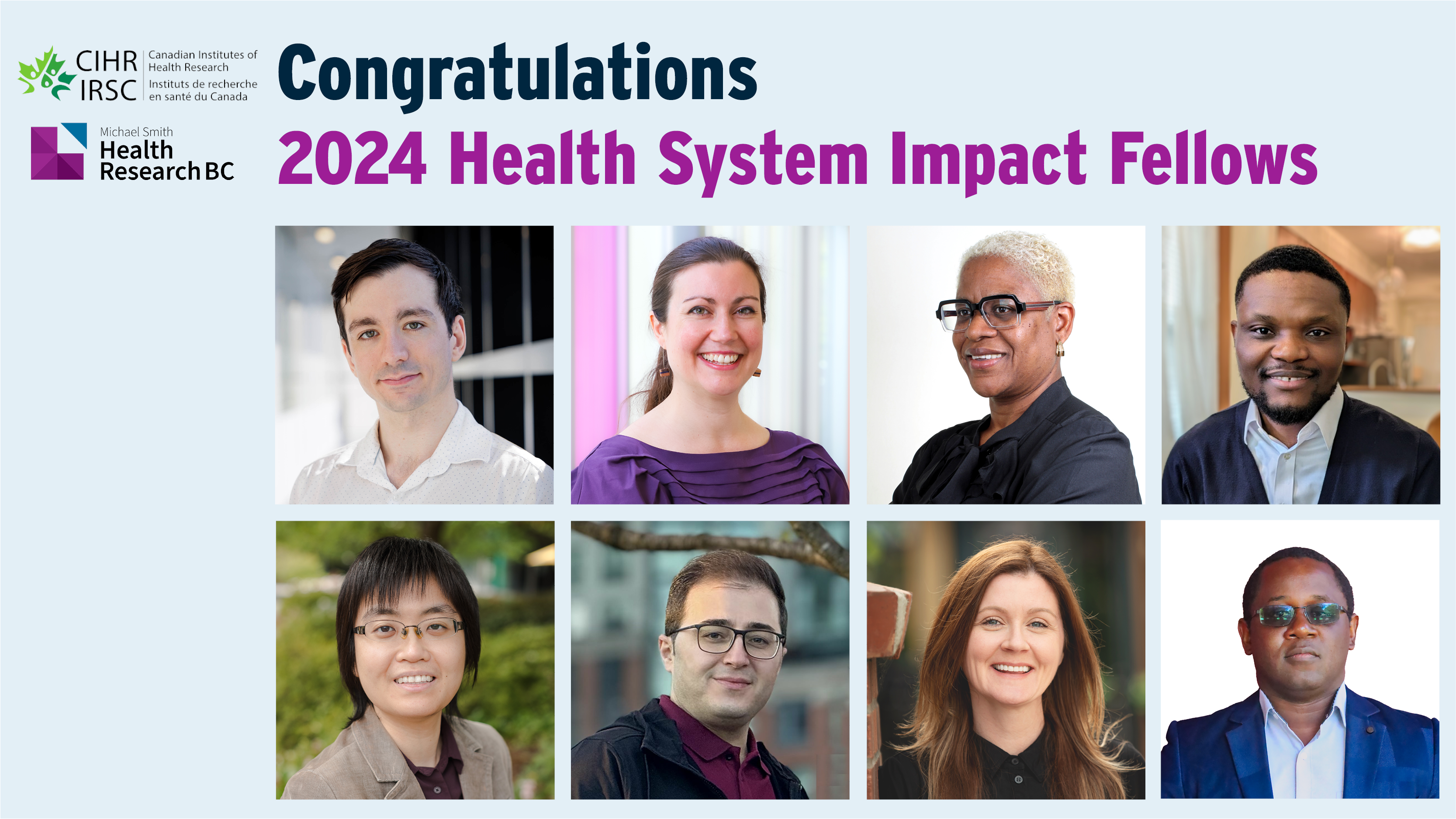26 research teams receive awards to foster collaboration and improve the uptake of evidence
17 September 2019

Eighteen 2019 Convening & Collaborating (C2) awards and eight 2019 Reach awards have been awarded to teams across BC. These awards are designed to foster collaboration between researchers and research users, support the co-development of research questions and the dissemination of research evidence.
Research knowledge is most likely to be applied when it is informed by those who will use it, whether that be community members, care providers, policy-makers, or other researchers.
To support this, and help ensure research has the maximum impact on health and the health system, 18 C2 and eight Reach teams from around the province will be undertaking projects ranging from developing a research agenda for dementia-friendly communities to producing a film for frontline health professionals to help them talk to patients about vaccine boosters. Each team will receive up to $15,000 for one year.
Convening & Collaborating
C2 awards bring together researchers and research users to co-develop research aligned with BC’s health system priorities. Through meaningful collaboration, teams co-develop research questions and processes that might include developing a research agenda or building a new partnership to increase the use of research evidence in policy, planning and practice.
The 18 teams, based across BC’s universities and health authorities, will work on projects that directly address one or more of the BC health system priorities. These projects include:
- Building towards consensus on compensation and conflict in patient-oriented research (UNBC)
- Developing an Evidence-, Equity-, and Community-Informed Agenda for Rural Health Research in BC (Interior Health)
- Building a provincial public health agenda for addressing geographic contributors to overdose (Fraser)
Through these collaborative activities, each C2 team will draw on research expertise and lived experiences to address real world health challenges and build capacity for knowledge translation in BC.
Reach
Reach awards bring together researchers and research users to support the dissemination of research evidence, within the context of related knowledge, and increase its potential impact. Together, teams co-develop events, activities, and/or tools from social media initiatives to educational symposia, to share research findings and evidence with audiences who can directly use the knowledge.
This year, the eight teams are located at multiple research locations across BC including Island Health, Trinity Western University, Providence Health Care Research Institute, UBC, PHSA, and the University of Victoria. The funded projects range from organizing an event that will bring together researchers, doctors, policy makers, and families impacted by asthma to discuss how to work together to help diagnose, treat, and prevent asthma to creating an intergenerational choir to help overcome social stigma and isolation for people with dementia.
MSFHR actively seeks co-funding partners to allow us to fund a greater number of BC researchers and provide an opportunity for partnering organizations to advance research in their areas of interest.





